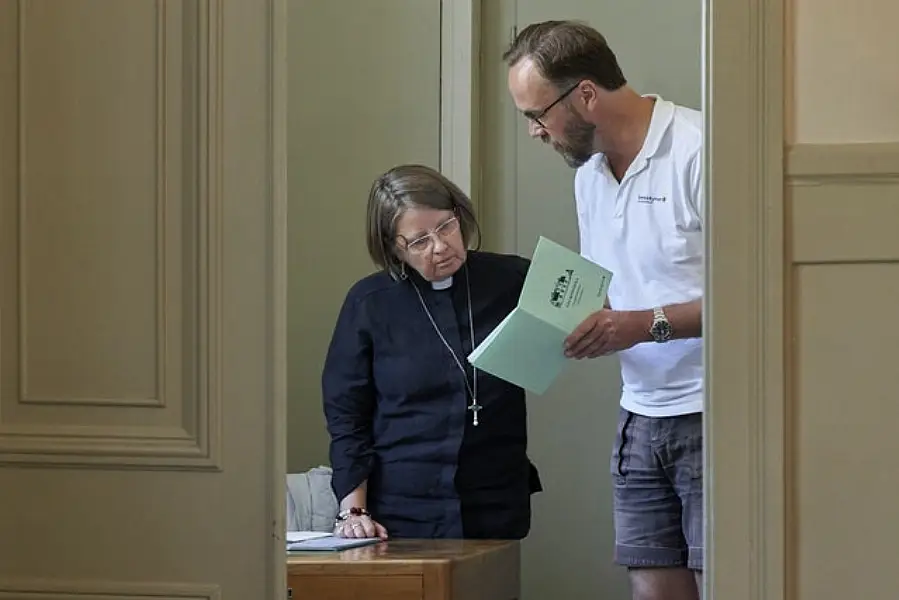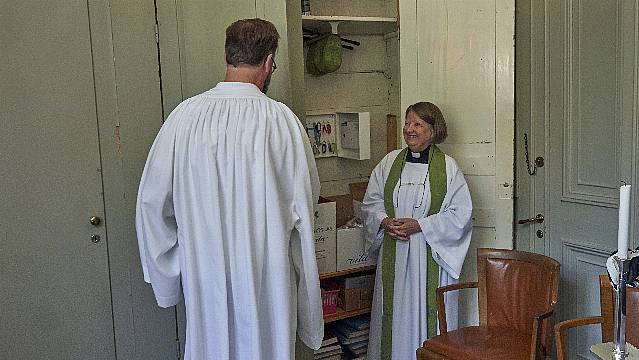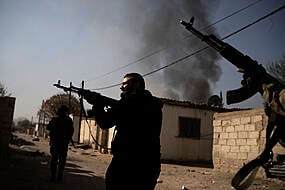The Lutheran institution, which was the official Swedish state church until 2000, now counts 1,533 women serving as priests and 1,527 men. Its archbishop and several bishops are also women.
Speaking after delivering a sermon in a small church in Stockholm, Rev Elisabeth Oberg Hansen said: “It’s a mirror of the society, in a way. It’s as it should be.”
She became a priest more than 30 years ago, and she clearly recalls the discrimination she faced when the first parish she was assigned to did not accept her.

But times have changed. The European Institute for Gender Equality last year ranked Sweden at the top of its annual equality index, giving the country a score of 83.6 compared to an average of 67.4 for the European Union as a whole.
“It’s a good thing, but I don’t think so much about it nowadays,” Ms Oberg Hansen said of the gender issue in her work.
Sweden’s path towards gender parity is shared across Scandinavia, with roughly equal numbers of men and women serving in the clergy ranks of the Church of Denmark and women well-represented in the priesthood of the Church of Norway.
Church of Sweden Bishop Eva Brunne, who retired after a decade leading the Stockholm diocese, has helped push for the acceptance of women – but has stressed she does not think the priesthood should become an overwhelmingly female profession.
“I’ve been asked during my 10 years as a bishop, ‘Where are all the men?’ and all I can say is ‘I don’t know. I don’t know,’” she said.
“It’s the same thing if you look at universities in Sweden – more women than men. That means more female lawyers, female doctors, etcetera.”
Sweden’s church has some 5.8 million members, representing 57.7% of the country’s population. But many pews are empty these days, and are more likely to be occupied by women as well.

Rev Cristina Grenholm, the head of theology for the Church of Sweden, described the gender imbalance among worshippers as “striking”, and added: “I do think it is something we should take as a warning, always, when we see that there is an imbalance.
“I do think that men have something to discover in the church.”
Anna Inghammer, a mother-of-three studying theology and a candidate for the priesthood, welcomed the balance of men and women in the church but said she thinks more work is needed to bring equality in other areas.
She said: “Jesus, in his time, was standing up for justice for people of all classes and all genders, so I think it’s time for women to even more take a step forward.
“Of course, representation is good, representation of women, but also ethnicity and class… and that’s also something that we need to work on.
“The church is for everyone.”







